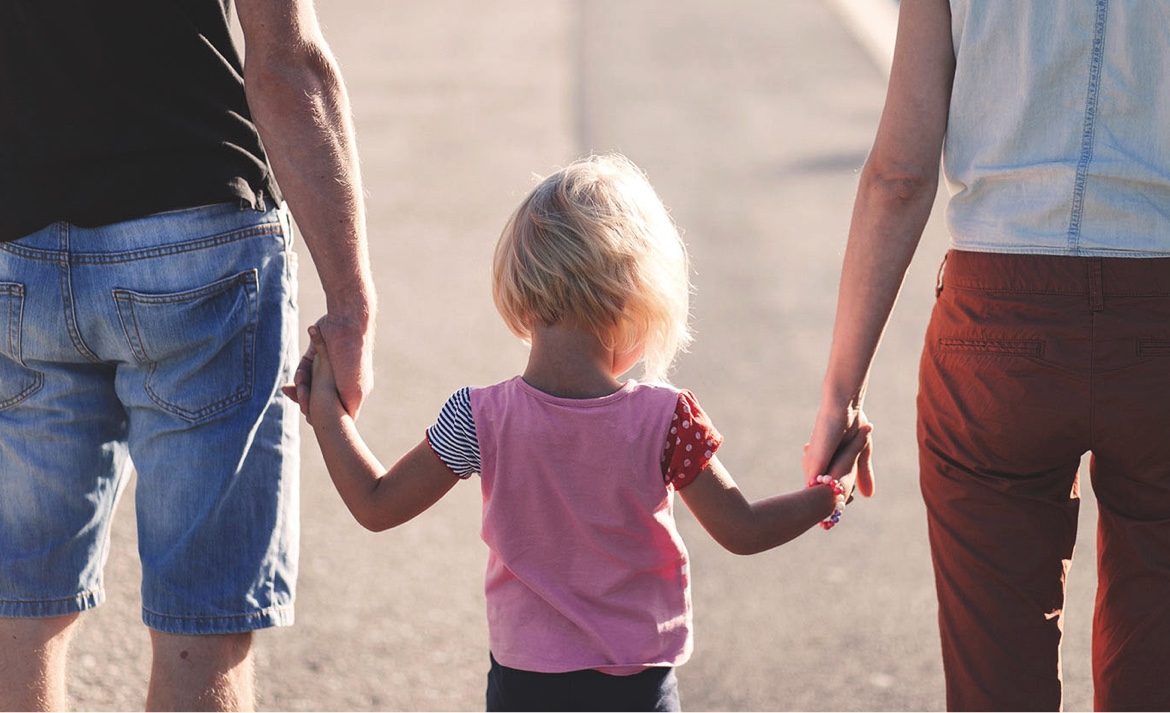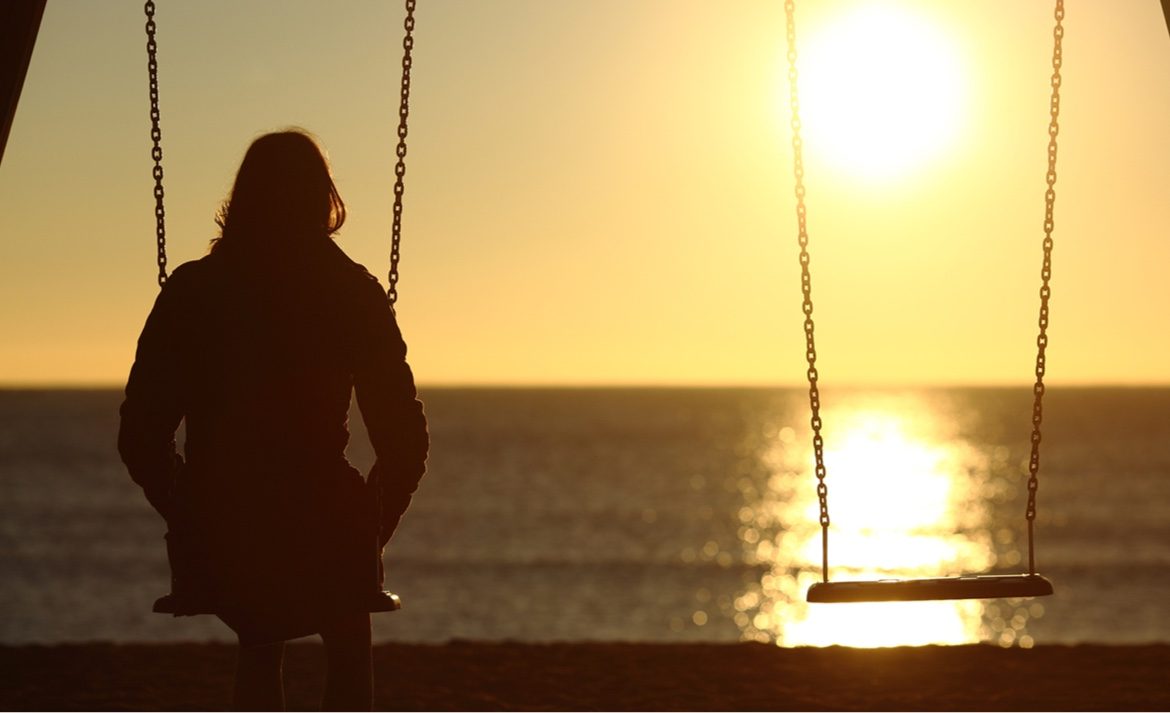There is no question that parenting is a difficult, ever changing process. As your children grow, and as society changes, your parenting type is often expected to change too. Two approaches that fit opposing ends of the parenting spectrum are “helicopter parenting” and “free-range parenting.” Here are the pros and cons of each.
Helicopter Parenting
 Helicopter moms and dads take a highly active interest in their child’s safety and well-being. They might walk their kid to school every day, even when the child may be mature enough to walk alone, or they might choose to personally supervise all of their child’s activities. Often, helicopter parents take on their offspring’s successes and failures as their own. They will exercise more control over their kids’ decisions, and consistently advocate for safety before independence.
Helicopter moms and dads take a highly active interest in their child’s safety and well-being. They might walk their kid to school every day, even when the child may be mature enough to walk alone, or they might choose to personally supervise all of their child’s activities. Often, helicopter parents take on their offspring’s successes and failures as their own. They will exercise more control over their kids’ decisions, and consistently advocate for safety before independence.
Pros of Helicopter Parenting
Safety is treated as a top priority. Children with helicopter parents are more likely to gain physical protection and emotional support. According to a University of Texas study, parents who show involvement and support in many areas of their children’s lives lead to grown children with a higher life satisfaction.
Furthermore, young children are less likely to misbehave and abuse drugs when they are under supervision. A study published in the Archives of Pediatric and Adolescent Medicine found the following results for teens with friends who had strict parents versus those with permissive parents:
- 40 percent less likely to drink
- 39 percent reduction in smoking
- 38 percent less apt to engage in binge-drinking
- 43 percent decrease in marijuana use
Cons of Helicopter Parenting
The difficult part of helicopter parenting is knowing where the limit is and when it’s actually beneficial for your kid to develop a sense of independence. For example, some situations have arisen where helicopter moms and helicopter dads have tried to gather personal information about their children once they’ve gone off to college. Others argue that helicopter parenting doesn’t allow children to make mistakes and learn from them, which also prevents them from making their own decisions and understanding how to solve problems.
Free-Range Parenting
 Free-range parenting is essentially on the other end of the parenting spectrum. This hands-off approach involves less supervision, giving children quite a bit of freedom. The focus here is for the child to develop independence while minimizing the parent’s anxiety.
Free-range parenting is essentially on the other end of the parenting spectrum. This hands-off approach involves less supervision, giving children quite a bit of freedom. The focus here is for the child to develop independence while minimizing the parent’s anxiety.
Pros of Free-Range Parenting
Free-Range parenting gives kids the opportunity to develop a sense of independence, confidence and self-awareness. They can also make their own decisions and face the consequences of any mistakes they make. They also engage in more exercise—a Ryerson University study found that children who can go out on their own are 20 percent more physically active than their supervised counterparts.
Cons of Free-Range Parenting
Like helicopter parenting, the cons of free-range parenting can center on limits. In other words, how young is too young? At what age are children responsible enough to make their own choices, and when do they actually still need parental guidance? Some critics of free-range parenting style also suggest a degree of neglect and a lack of interest in a kid’s safety from free range parents.
 “Allowing your teen to explore different facets of self and claim their identity in healthy ways is key to remaining supportive and staying involved in their lives.”
“Allowing your teen to explore different facets of self and claim their identity in healthy ways is key to remaining supportive and staying involved in their lives.”
—Heather Senior Monroe, Licensed Psychotherapist and Director of Program Development at Newport Academy
Which Parenting Type Is Best?
There is no completely “right” or “wrong” way of parenting. Each child is different and might benefit more from one parenting type over another, or even a balanced mix of both. At the end of the day, your parenting techniques have to suit you and your family best.


